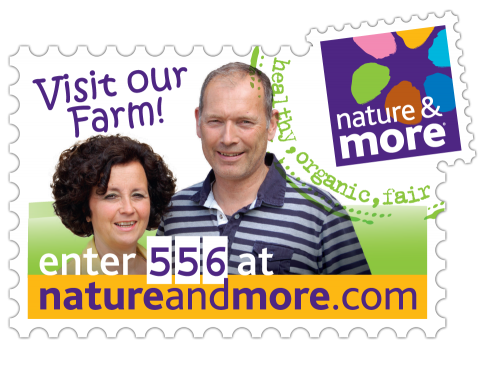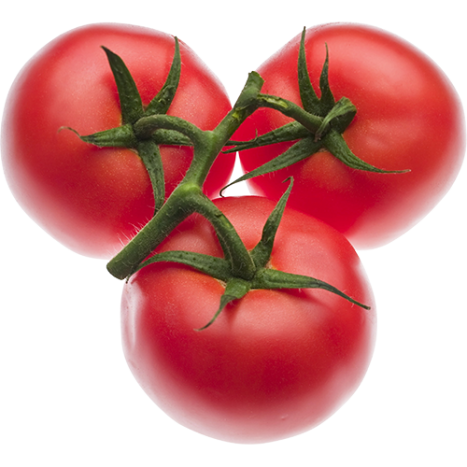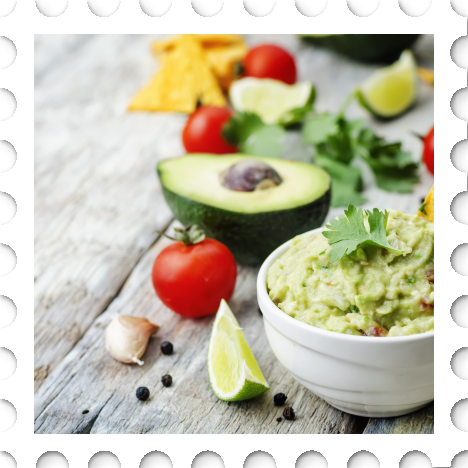We have just started growing organic tomatoes for Nature & More but we also run a conventional egg plant business. Both our parents as were growers of greenhouse products. They grew tomatoes, grapes, cucumbers and peppers. In those days things were lot more small scaled than how the businesses are being run 5 decades later.
As kids our feet were in the soil yet today it is all far more industrial with the plants (non organic) growing on substrate ( rockwool type substance) in huge greenhouses. The black and white photographs of our youth, which hang in the corridor, remind us how things used to be ! To be honest, I had always promised myself never to follow my parents footsteps and become a grower. But then I met Tom and for him was no other choice .. and the rest is history !
We have a very modern business where a lot of the work is done by machines. many years ago we experienced the switch from growing in the soil to substrate. The work then switches from a “grower” to a “controller”. Everything is fixed, the fertilizers, water etc., it’s like growing on “auto pilot”. We missed the genuineness of growing in the soil, the smell of the greenhouse when the plants have just received water. On top of that, following all the food scandals, we were often asked what our vision was when it comes to growing, good honest, healthy food. On the one hand conventional greenhouse products are very safe and look amazing but on the other hand, chemicals are involved and that does not really mix with food.
Therefore, when our neighbor decided to sell his business, it was not a very difficult decision for us to buy him out and start growing organic tomatoes. In 2012 we started growing “in transition” and as of the second half of 2013 we were officially able to sell our tomatoes as organic. To turn a conventional greenhouse into an organic greenhouse involves a huge amount of work. 90% of the focus is the soil, bringing it back alive with compost. Luckily, growing vine tomatoes, as we do for Nature & More is not that difficult and to date things are going smoothly.
When we get a better feel for the soil and how to battle the weeds we will probably switch to more difficult crops like cucumbers and peppers. The great thing about organic agriculture once again is that we are rebuilding the soil, making it healthy. This way many future generations can grow products here without the soil becoming exhausted or degraded.






